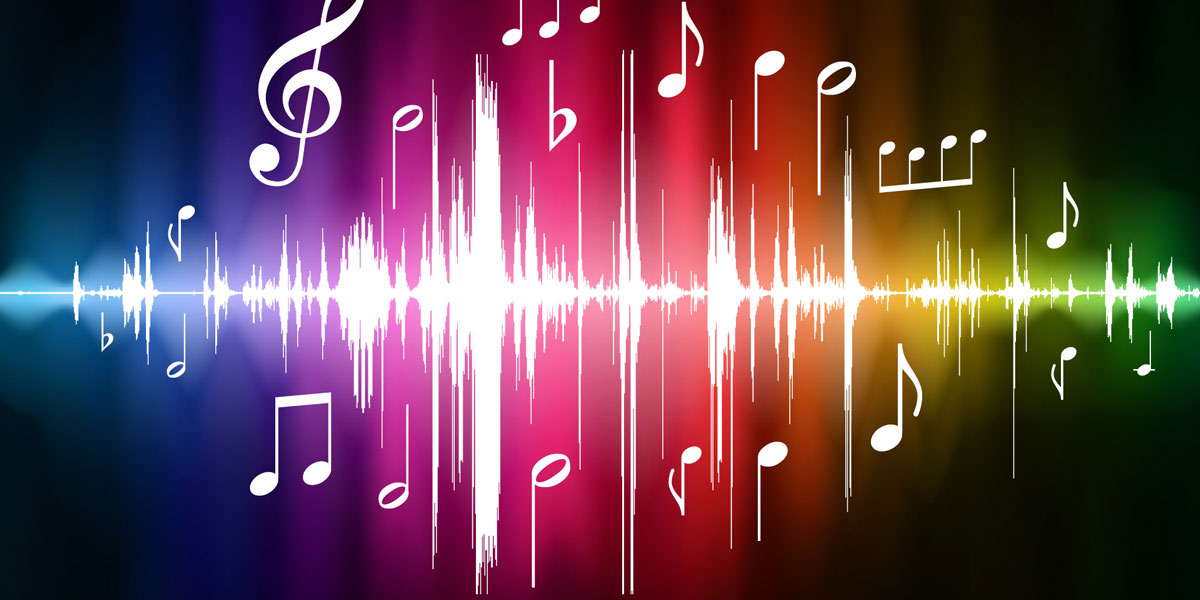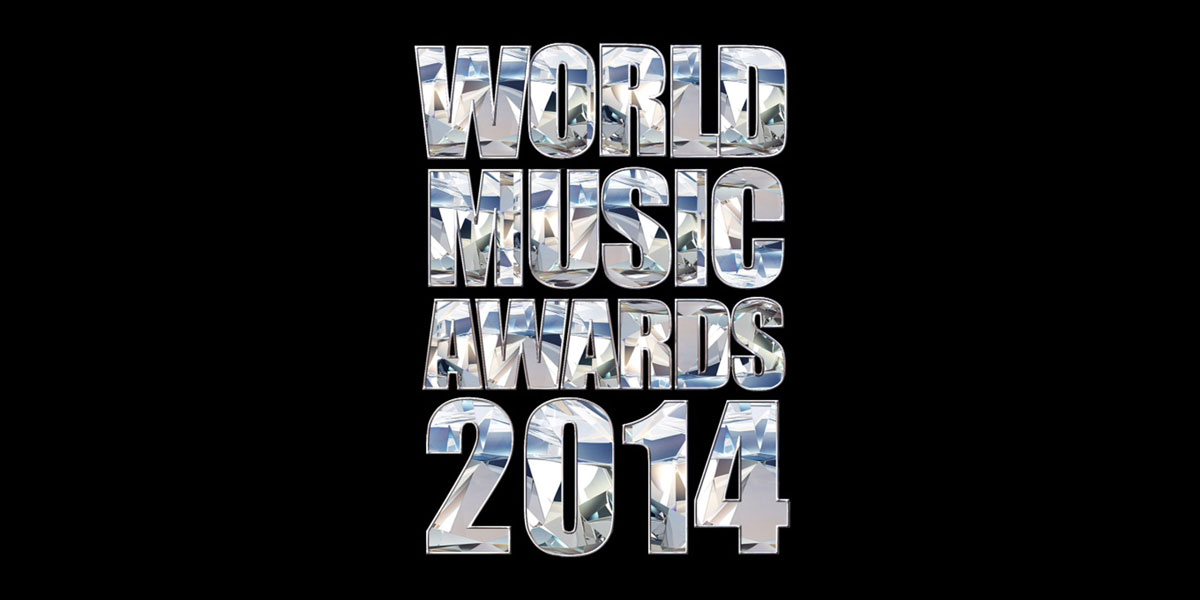
“If music be the food of love, play on” – William Shakespeare
As far as we know, music has existed for over 50,000 years and has become the fundamental component of human life. Music is everywhere and for everyone. It is found in every culture known to have prevailed, and continues to dominate our living world. Music is the expression of the human soul, of experience and emotion. It has the ability to affect our mood and feelings; it may trigger memories, or it may even heal us.
“Music is the strongest form of magic” – Marilyn Manson
When we write or listen to music, we use the creative and imaginative part of our brain, known as the “right” side, which thinks in terms of images, creativity, intuition, colour, and emotion. It is the side of the brain that is responsible for dreaming, where the magic can take place and where healing is possible.
Research has shown that music can affect our mind and body in incredible ways. Music therapy, as it is known today, first began in the aftermath of WWI and II, when musicians would visit hospitals and play music for soldiers suffering from physical and emotional trauma. Since then it has been recognised as a method to help neurological and psychiatric disorders, heart disease, autism, and more. As such, hospitals have begun to adopt this method to help patients cope with pain, stress, to promote movement, resist depression, ease muscle tension, lower blood pressure, etc.
There is no doubt that while some forms of music tend to cause discomfort, others can cause extreme comfort.
“Music was my refuge. I could crawl into the space between the notes and curl my back to loneliness” – Maya Angelou.
Most scores of classical music, which range between 60 beats per minute to 140 beats per minute, are known to be heart healing. The rhythm of the heart beat synchronises with the pace of the music, lowers blood pressure, reduces stress hormones, adrenaline and cortisol, and thus generates relaxation and tranquillity in the body. Music can have the same nurturing effect on animals.
Indeed, music is a powerful tool and can be used as a healing mechanism. Not only does its meditative and therapeutic value heal the mind, heart and soul, it can also heal the physical body. Here is a list of more examples:
The Mind
• Stress – music can trigger biochemical stress reducers.
• Therapy – music, with a slow beat, can alter brainwave speed and activate a meditative or hypnotic state.
Reiki Music – Healing Music (Play this video in Creation 5)
• Depression – music can relieve symptoms of depression. Much like exercise, music can lift you up. Classical and meditative sounds do this in particular.
• Mood – A 2013 study rated “arousal” and “mood regulation”, as well as “self-awareness”, as the two most important benefits of listening to music.
• Cognitive performance – Since exam performance and study efficiency relate to a person’s emotional state in a high-pressure situation, calm background music can improve cognitive performance.
Philip Glass – The Poet Acts (Play this video in Creation 5)
• Anxiety – music can reduce anxiety as much as a massage can.
• Relaxation – music has helped relax cardiovascular patients who are undergoing surgery.
• Emotional trauma – music has helped cancer patients communicate their feelings, manage stress, ease physical pain and discomfort, reduce anxiety, and improve quality of life.
Intouchables Soundtrack (Play this video in Creation 5)
• Recovery – music can help stroke patients regain their verbal memory and improve concentration.
• Positivity – upbeat music can help you feel more optimistic and positive, simultaneously releasing stress.
Bobby McFerrin – Don’t Worry Be Happy (Play this video in Creation 5)
The Body
• Pain – music can reduce the perception of the intensity of pain for patients in intensive care, geriatric care or palliative medicine.
James Brown – I Feel Good (Play this video in Creation 5)
• Motivation & Performance – music may help people push themselves harder, run faster, enhance their endurance and boost their workout motivation. This is partly due to distraction.
Survivor – Eye of the Tiger (Play this video in Creation 5)
• Recovery – music can speed up the physical recovery process and relax the body and muscles.
• Sleep – music can improve sleep quality. Classical music is used to treat insomnia patients.
• Eating – slow music can help people consume less food and slow down eating.
• Blood Vessels – music has a healthy effect on blood vessel function. A happy emotional state can increase blood flow in blood vessels.
Playing for Change – Stand By Me (Play this video in Creation 5)
Reggae legend, Bob Marley, was spot on when he said: “ One good thing about music, is that when it hits you, you feel no pain”.
Bob Marley and the Wailers – Trenchtown Rock (Play this video in Creation 5)
Blue Note’s jazz trumpeter, Louis Smith, suffered a massive stroke to the left side of his brain in 2006, at the age of 75. The stroke left his right arm and the right side of his face paralysed. He also lost his speech abilities, verbal and written, and struggled to comprehend language. His family were told that they would have to accept Smith’s tragic disabilities, as not much could be done to help him. However, speech language therapist, Dr. Godron Krainen, from the University of Michigan, and music therapist, Lynn Chenoweth, encouraged Smith to play music in order to help him reconquer language. Using a technique called Melodic Intonation Therapy (MIT), Smith was helped with his horn playing, singing and speech production. Consequently, he learnt to play the trumpet left-handed and regained some functional language. Today, though Smith still has a long way to go, he continues to progress in his trumpet playing, has regained his language comprehension, can verbally express himself, and is no longer depressed.
Louis Smith Quintet 1958 (Play this video in Creation 5)
The spirit of music has the ability to transcend the laws of the universe and bring us into a world where magic and beauty reside. Its healing powers are beyond the extraordinary.
“Music washes away from the soul the dust of everyday life” – Bethold Auerbach.
Don’t have Creation 5? Download it on the App Store!
| iPhone Free | iPhone Pro | iPad Free | iPad Pro |




